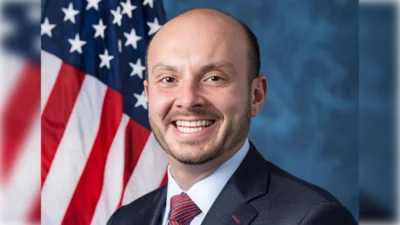The North Carolina General Assembly passed Senate Bill 747, a controversial bill reshaping election laws, sparking statewide debate over enhancing election integrity versus potentially suppressing voting rights.
On August 24, Governor Cooper vetoed the bill, arguing that the legislation was not about election security but rather an attempt by Republicans to maintain and gain power. "This bill has nothing to do with election security and everything to do with Republicans keeping and gaining power," Cooper stated.
In a highly contentious move, the North Carolina General Assembly passed Senate Bill 747 on Wednesday night, a bill aimed at reshaping the state's election laws. The bill sparked debate across the state, with supporters arguing that it enhances election integrity while opponents contend it suppresses voting rights.
Senate Bill 749, which made its way through the North Carolina Senate on August 16, 2023, includes several notable provisions aimed at reshaping the state's election laws. The bill calls for banning private funding for election administration and shortening the timeline for returning mail-in ballots to 7:30 p.m. on Election Day. Additionally, it transfers election crime investigations to the State Bureau of Investigation and extends the deadline for challenging mail-in ballots to five business days after Election Day.
The legislation also outlines a procedure to identify noncitizens and remove them from the voter rolls, tightens an address confirmation process that could lead to voters having their registrations canceled, and requires same-day registrants during the early voting period to vote on a "retrievable" ballot. These votes would only be counted if the U.S. Postal Service is able to verify the voter’s address via a deliverable notice prior to the start of county canvass, which begins 10 business days after Election Day.
Hogan Gidley, Vice Chair of the Center for Election Integrity at AFPI applauded the move, issuing a statement, saying, “North Carolina just took a huge step towards protecting every legal vote and every legal voter, and we look forward to even more robust legislative proposals in the near future to address election integrity in the Tar Heel State.”
Governor Roy Cooper, however, had a starkly different perspective, characterizing the efforts as fraudulent, and attacking the Republican-controlled legislature. In a statement, he said, "But now, using the Big Lie of election fraud, this same legislature wants to block voters they think won’t vote Republican, legitimize conspiracy theorists to intimidate election workers and anoint themselves to decide contested elections. That’s the real fraud."









